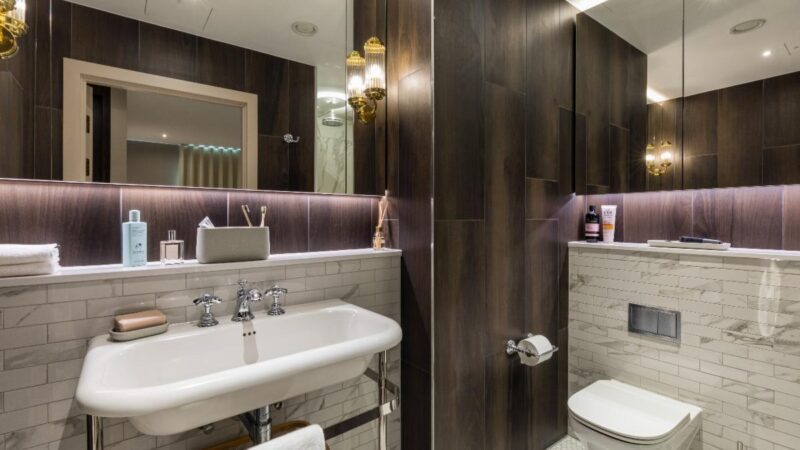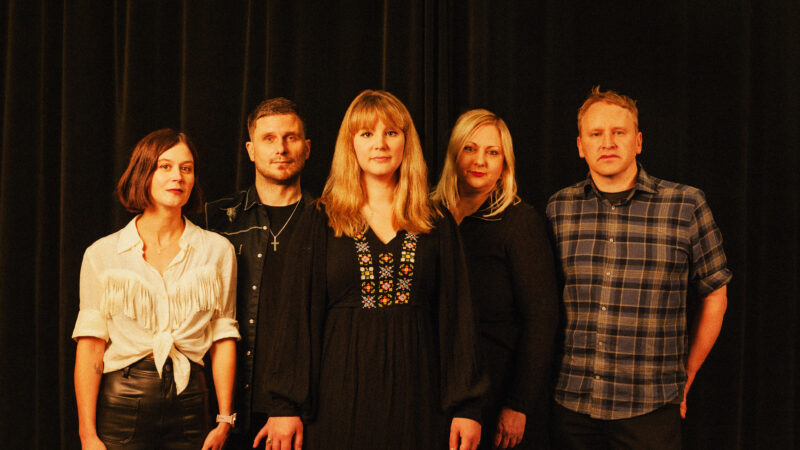PLANT BASED FOOD TECH START UP GROWS 260% DESPITE CATEGORY DECLINE

Leading the net-positive food tech revolution across Europe, today, Heura announced that the animal meat successors secured €31.4 million in turnover in 2022, up from €17.7 million in 2021. Founded in 2017 by food activist Marc Coloma and Bernat Añaños, the mission-driven company enters 2023 on the heels of a €20MM funding bridge round strategically designed to enable the company to address two of the world’s biggest challenges; sustainability and nutrition.
Responsible for 80% of the plant-based category growth in Spain, the company’s international sales evolution underscores its efficient and scalable model. In 2020 just 6% of sales occurred outside of Spain, while this number hit 12% in 2021 and a whopping 23% in 2022. The UK region ended 2022 with a sixfold increase in availability with its launch in Waitrose, while France increased plant-based options in major retailers Super U and Casino Géant and contributed to a remarkable 30% of plant-based category growth in France. Heura increased its sales in Italy by 240%, and also laid roots in the DACH region, landing major retailers Billa (Austria) and Migros (Switzerland).
A key milestone achieved in 2022 was the launch of Good Rebel Tech (G.R.T.), a new approach to food technology that provides competitive advantage, while solving category challenges like nutrition-density, taste and familiarity. With every offering from Heura reaching a Nutriscore A, the company’s highly credentialed R&D team, which more than doubled in size over the past year, is focused on creating delicious foods that people love with more protein and micronutrients and less fats and ingredients. Through G.R.T. Heura is delivering on taste and texture, proven by its more than 50% repeat rate and more than 90% flexitarian consumer (source: Kantar). It was the first company to create a 100% olive oil fat analog bringing the juiciness of traditional meat with 85% less saturated fat and will continue to leverage its technology to create the cleanest labels possible. Evolving food design to improve the plant-based consumer experience, the company will file its first patents deriving from G.R.T.™ in Q1 of this year, which will leverage technology for the production of nutritionally superior foods rolling out globally in Q3 of 2023.
Heura also became a proud member of the UN Global Compact, committed to developing and diffusing high-impact environmentally sustainable technologies. It was the first company to conduct a Comparative Life Cycle Assessments (LCA) for a plant-based fish, according to ISO 14040 standard, which proved a 70% lower climate impact than animal fish. The company will continue its path towards leading an informed, transparent net-positive food system, conducting comparative LCAs for its full product line in 2023. Initial results show 2.6 CO2 per Kg of product, which is significantly lower than animal meat and other industry players. Last year alone, the company saved approximately 17 million kg of Co2 emissions, the equivalent of a full year of nearly 700,000 trees absorbing CO2.
Heura proved to Good Rebels around the world that it’s more than a brand, it’s a mission. Social media followers grew 85%, with the highest engagement rate in Europe for a plant-based brand at more than 5%. Major partnerships like Football Club Barcelona provided a platform to support women in sports while collaborating with an aspirational team of elite athletes, nutritionists and trainers. Meanwhile, partnerships with GenZ and Millennials most beloved international music festivals, like Primavera Sound and Sonar helped Heura gain visibility from hundreds of thousands of Good Rebels worldwide.
Additionally, the company expanded its mission-driven community through its 2022 Equity for Good Rebels campaign, which saw more than 5,000 people from across the world join together for a common cause and raised more than €4M in just 12 hours. Breaking traditional investor norms, approximately half of the participants were between the ages of 18 – 35 years old, and 42% identified as women.
Activist, CEO and Heura Co-Founder Marc Coloma said:
“The last year was a pivotal one for Heura, as we grew from being the leader of the plant-based movement in Spain, to elevating our impact outside of our home country by more than 260%. Accounting for nearly 40% of sales, our newest food innovations, like plant-based chorizo, sausage and breaded chicken have been heavily embraced across Europe, proving the impact of our focus on creating consumer centric foods that help people renew their favorite culinary traditions.
Each step forward for Heura in 2023 is designed to lead a net-positive food system by 2028. We are working to democratize delicious nutrient-dense foods that have a positive climate impact for people across Europe. Our experienced R&D team and world-leading academic and expert partners are creating proprietary technologies that will change the face of the plant-based food industry and unlock the true potential of the movement.”






